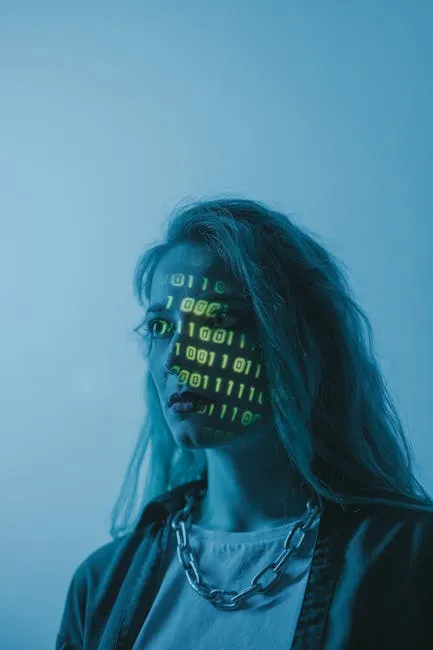
How Blockchain Could Revolutionize AI’s Journey Towards Consciousness
The intersection of blockchain technology and artificial intelligence (AI) has been a hot topic among tech enthusiasts and industry leaders alike. While both fields are complex in their own right, the potential synergy between them could pave the way for significant advancements in how AI operates. In this post, we explore the idea that blockchain might be the missing link in AI’s quest for a greater understanding—or even consciousness.
The Power of Decentralization
At its core, blockchain is a decentralized ledger technology that enables secure, transparent transactions without the need for a central authority. This decentralization is one of its most compelling features, as it allows for trust and collaboration in a way that traditional systems cannot. When applied to AI, this decentralized approach enhances the capability for collective learning. Unlike conventional AI models that often operate in silos, blockchain allows AI systems to learn from each other in a shared environment.
Collective Learning: A Game Changer
Imagine a world where AI models across different sectors can exchange knowledge and improve upon one another’s findings. This collaborative learning process could accelerate advancements in AI significantly. Instead of each model learning from a limited dataset, they could pool their data and insights, leading to more robust and nuanced understandings.
Moreover, this shared learning environment could democratize access to AI advancements. Smaller organizations with less data could benefit from the collective intelligence of larger entities, leveling the playing field and fostering innovation across the board.
Scalability and Transparency
One of the challenges facing AI today is the issue of scalability. Traditional AI systems require significant computational resources and data, which can be a barrier to entry for many. Blockchain technology, however, can facilitate scalability through its distributed nature. By allowing multiple nodes to process data simultaneously, blockchain can manage larger datasets more efficiently.
Transparency is another critical aspect where blockchain shines. In AI, understanding how decisions are made is crucial, especially in sensitive applications like healthcare or finance. Blockchain’s immutable records can provide a clear audit trail for AI decisions, enhancing accountability and trust in AI systems. This transparency can also help mitigate biases, as the data and algorithms used can be scrutinized by the community.
A Cautious Optimism
While the potential benefits of integrating blockchain with AI are promising, it’s essential to approach this synergy with caution. Blockchain technology is not without its flaws, including issues related to energy consumption and transaction speeds. Furthermore, the implementation of such technologies requires a significant cultural shift within organizations, as well as a commitment to ethical practices in AI development.
Conclusion
In conclusion, while blockchain may not be the perfect solution to all of AI’s challenges, it offers a new paradigm for collaborative learning that could lead to remarkable advancements. By harnessing the power of decentralization, transparency, and scalability, we can envision a future where AI systems are more intelligent, trustworthy, and accessible to everyone. As we continue to explore this intersection, the journey towards AI consciousness could take on a whole new dimension.



